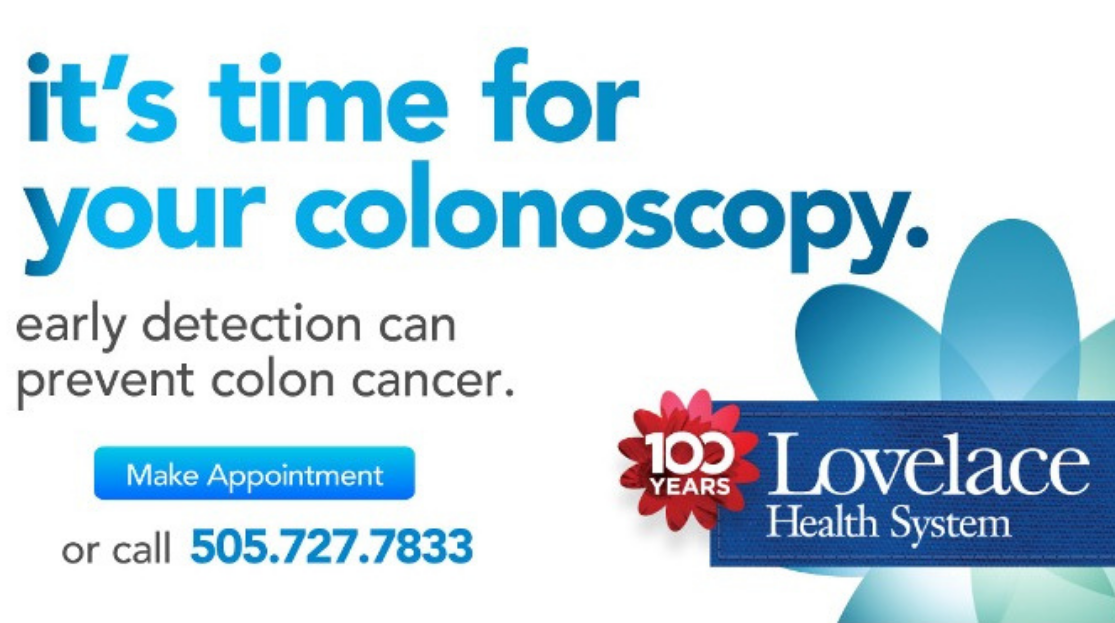
Colorectal cancer is the second leading cancer killer in the United States, but it doesn’t have to be. If everyone aged 45 years or older had regular screening tests, at least 60% of deaths from this cancer could be avoided. The colon, often called the rectum or bowel, comprises the greatest portion of the large intestine. As the final part of the digestive process, the colon absorbs remaining nutrients and processes waste for elimination as stool. Abnormal cells or polyps can develop in the colon or the rectum. Most polyps are harmless but some are not. Early detection can help prevent colorectal cancer by finding and removing polyps.
What are some risk factors and how can you address those?
If you have family or personal history with colorectal cancer or polyps, please share that with your doctor.
If you have conditions that cause inflammation of the colon, see your gastroenterologist annually and follow your recommended treatment plan.
If you’ve used tobacco, are obese, or live a sedentary lifestyle, then we recommend you can stop smoking and incorporate a healthy eating and exercise plan into your lifestyle. Also, adapt an eating plan high in fruits and vegetables, high in fiber, low in calories and low in animal fat.
Call your doctor if you have any symptoms of colorectal cancer, such as:
· Blood in or on the stool
· A change in bowel habits
· Constant diarrhea, constipation, or fatigue
· Stools that are narrower than usual
· Abdominal pain, or problems with gas or bloating
· Unexplained weight loss
Who to call:
· Call 505.727.2727 today to schedule an appointment with your primary care provider or gastroenterologist.




